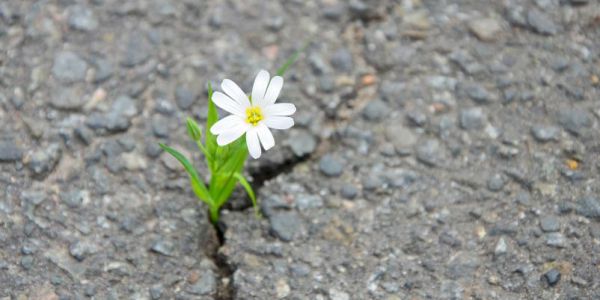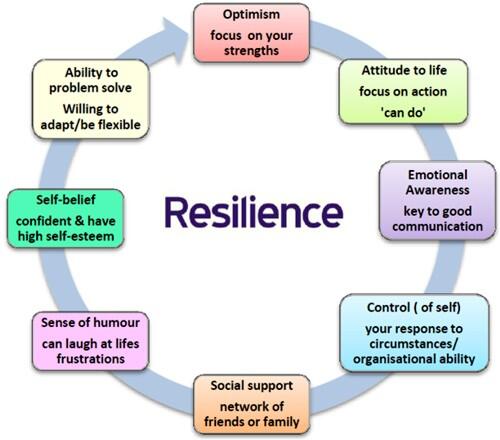Resilience: A Powerful Tool for Growth
Resilience is a buzz word these days in health and wellness. It is what separates one person from another in terms of outcome. If we look at two people with similar circumstances, each has experienced adversity and challenge but one seems to have not only gotten through it but they seem happier, stronger and full of gratitude. What is the difference, why has one done so much better than the other? One word….Resilience!
Resilience really is a tool kit of coping strategies. Having strategies and healthy coping skills is what creates resilience, consequently it is what makes us bounce back. In some theories there is a belief that life’s adversities bring a lesson. The question is what is this situation telling us? What can we learn from this? Lessons can be about an infinite number of things, the need for self care, connection, gratitude or perhaps compassion for others. Resilience brings growth and expansion in our world view.
In the resiliency toolbox we find items such as optimism, ability to problem solve, self-belief and social support. We may have strengths in some of the areas but can build on the areas that need more development. Here are a few key fundamentals of resilience.
Laughter
Sense of humor is a consistent factor in the many articles about resilience. When was the last time we laughed at our own challenges? Using humor doesn’t mean that you are ignoring what happened but you are relieving stress and tension with laughter.
Find Connection
Humans are social by nature, we need social connection as a basic need. We can create a network where we feel safe and loved. Find the people that get you, find your tribe. These are the people who laugh at your jokes, don’t care if your house is a mess and generally just appreciate you for you. They are out there and they will be the ones who come forward when you face adversity.
Be Optimistic
Focus on your own personal strengths. Look for the positives in the situation. Someone who is going through weekly cancer treatments told me that they were grateful that they got to meet so many other people with cancer and that their situations made them filled with hope.
Attitude
Let’s face it , attitude is everything. The minute we tell ourselves we “can’t” or “won’t” we erase all other options. Leave the good options on the table and believe that you can. Know that we can take action and create a “can do” list. We don’t need to be defeated we can move ahead by learning, gathering information and making a plan.
Do you wonder how resilient you are? In the article 5 Best Ways to Build Resiliency, author Jessie Sholl provides a quiz that you can score yourself to see how resilient you are. If it looks like you need a bit of work in the resiliency department, you can help yourself or see a counsellor who can help you build resiliency skills such as problem solving, use of humor and focus on learning.
Save


